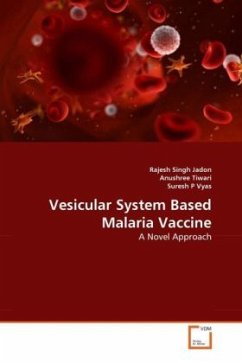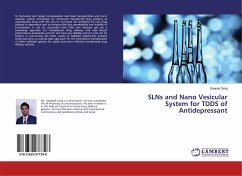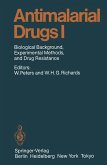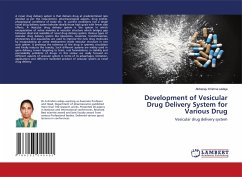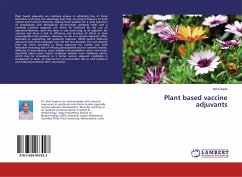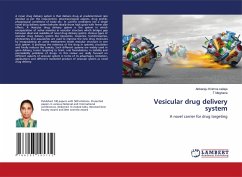The Carboxyl-terminal 19 kDa fragment of merozoite surface protein-1 of Plasmodium falciparum (PfMSP-119) was delivered directly into the cytoplasm via pH sensitive liposome. we have reported the preparation and characterization of PfMSP-119 encapsulated pH-sensitive liposomal formulations using oleyl alcohol (OAlc) in combination with egg phosphatidylcholine (EPC)and evaluated for intracellular cytosolic delivery of PfMSP-119 and as is evident from the results obtained; promising and significant immune responses were obtained by the cytosolic delivery of the malaria antigen through pH sensitive liposome. Moreover, after intramuscular immunization of PfMSP- 119 loaded pH sensitive liposomes, into Balb/c mice, the significant and perdurable IgG responses were obtained, as compared to conventional liposome loaded with PfMSP-119 and comparative evaluations have been marked with alum adsorbed malaria antigen. This may be attributed to good immuno-adjuvant action of pH sensitive liposomes, which are reported to enhance the immunogenicity of a soluble malaria antigen and present study might open new ways for the feasibility for the development of blood stage malaria vaccine.
Bitte wählen Sie Ihr Anliegen aus.
Rechnungen
Retourenschein anfordern
Bestellstatus
Storno

